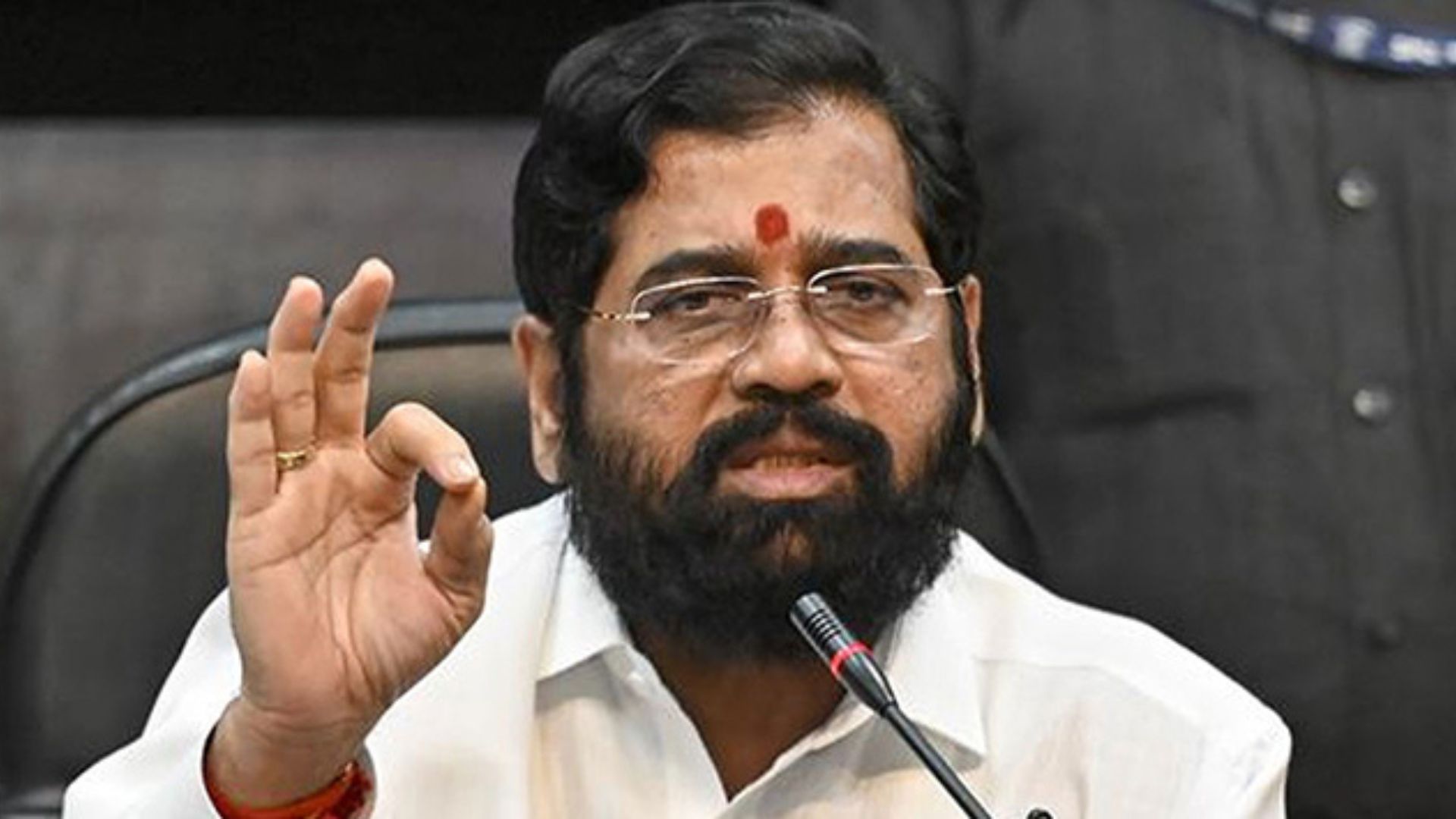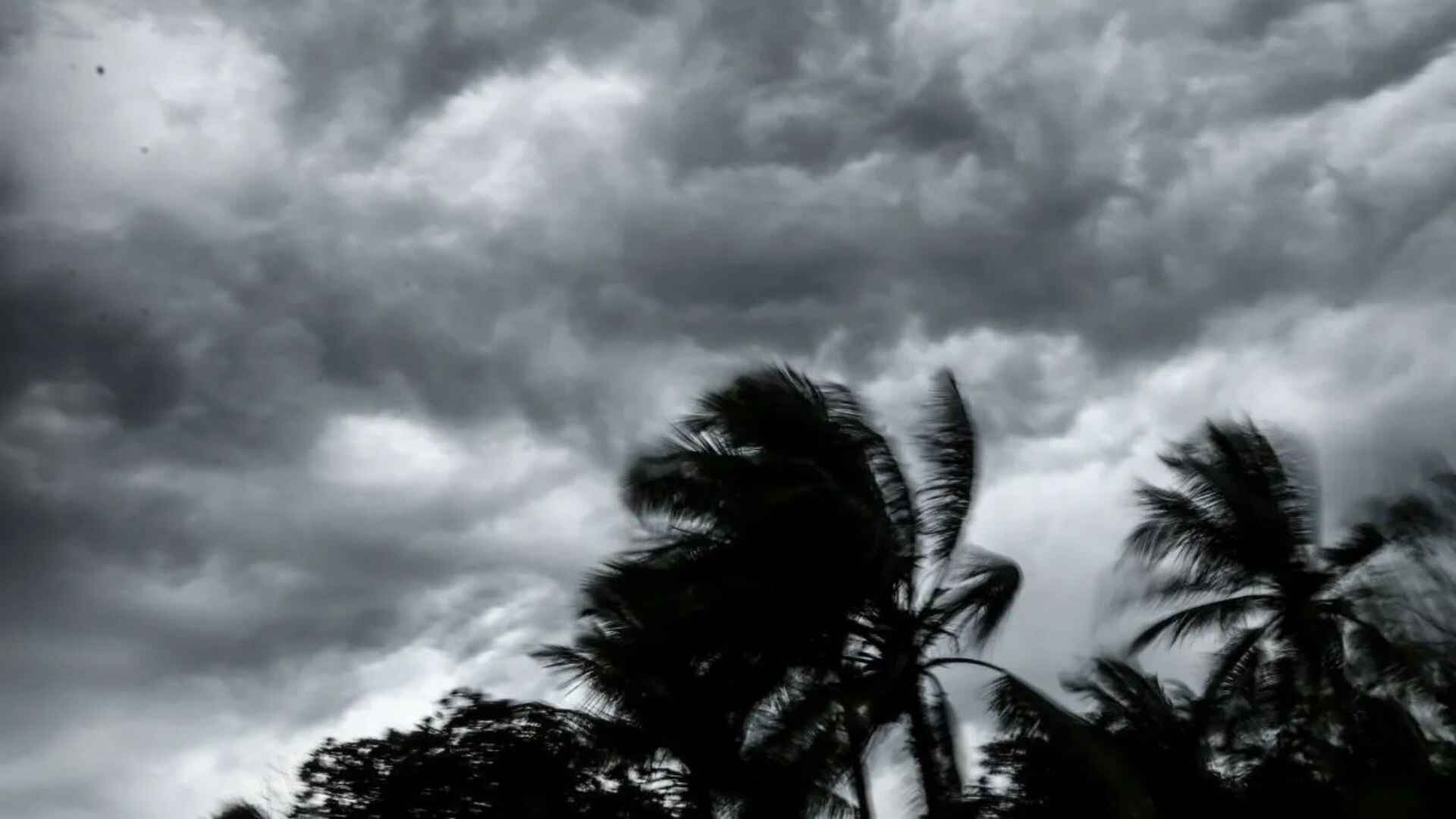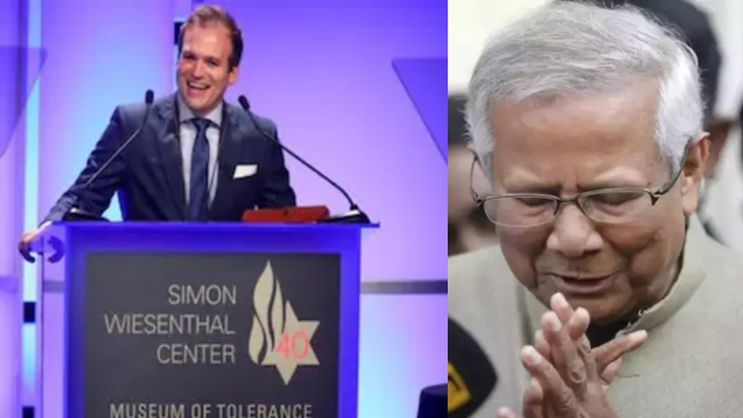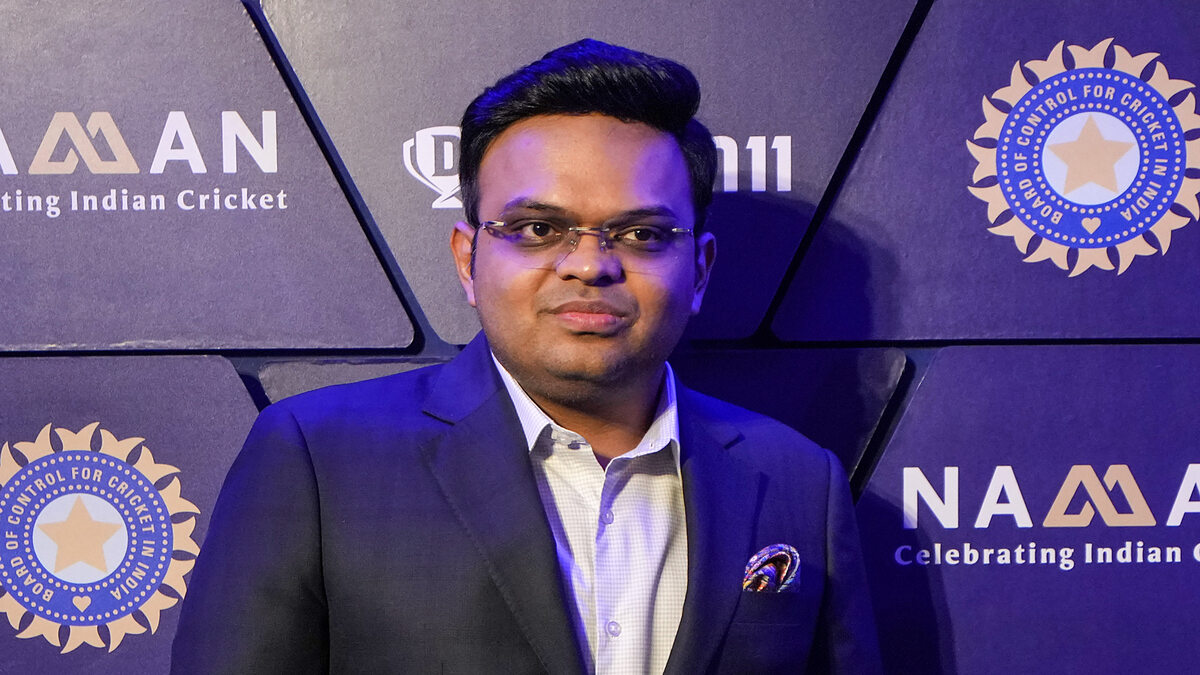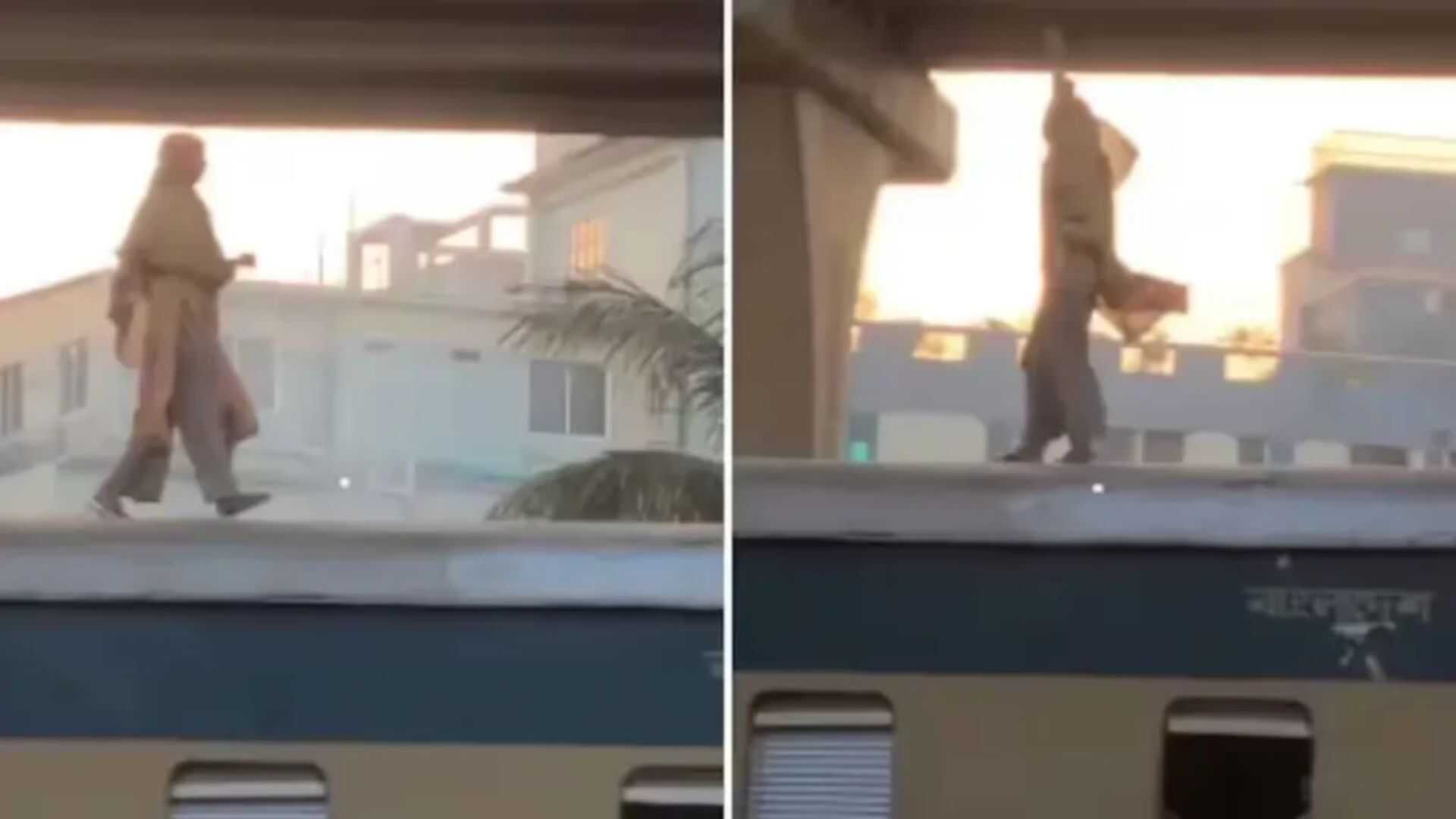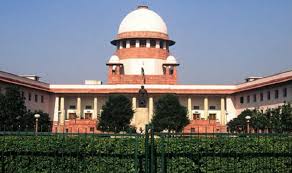
The Supreme Court in the case Soundarajan vs Statem observed and has stated that the Trial Courts and the Public Prosecutors should be vigilant in the matter of framing of charges.
The bench comprising of Justice Abhay S. Oka and Justice Rajesh Bindal in the case observed and has stated that apart from the duty of the Trial Court, even the public prosecutor has a duty to be vigilant and if the proper charge is not being framed, it being his duty of the court to apply in order to frame an appropriate charge against it.
In the present case, the appellant-accused was convicted by the Trial Court for the offences which are punishable under Section 7 and Section 13(2) reading with Section 13(1)(d) of the Prevention of Corruption Act, 1988.
It has been noted by the Apex Court in an appeal that one of the contentions raised before the court on behalf of the accused was that there being no charge framed with regards to the demand made. Thus, it has also been contended that because of this material defect in the charge and omission to frame a proper charge with regards to the demand allegedly made, wherein causing grave prejudice to the appellant, thus, who could not defend himself properly.
On the other hand, it has also been contended by the State as stated under Section 464 of the Code of Criminal Procedure, 1973 there being no defect or omission in the framing of charge is fatal to the case of prosecution unless it caused any prejudice due to the said omission or due to failure of justice is established by the accused.
The bench in the case observed and has agreed with the contention that has been omitted by the Special Court in order to frame a specific charge on demand allegedly made by the appellant on 6th and 13th August 2004 and thereof acceptance dated on 13.08.2004.
The court observed that as stated under Section 464 of Code of Criminal Procedure, the omission to frame a charge or any error in charge is never fatal unless it being in the opinion of the court, thus, the failure of justice has in fact been occasioned thereby. In the said case, from the perusal of the cross-examination of PW3 and the other prosecution witnesses made by the Advocate appearing for the appellant, it being apparent that it is clearly being understood by the appellant that the prosecution case about the first alleged demand made on 06.08.2004 and the subsequent alleged demand and as it is acceptance on 13.08.2004. Thus, there being no such doubt that it being the case of omission to frame a proper charge, and whatever charge has been framed is, per se defective. However, the said accused was not being prejudiced insofar as his right to defend is concerned.
Therefore, in the said case, the omission to frame charge and or error in framing charge is not fatal. Accordingly, the bench acquitted the accused and has allowed the appeal.
